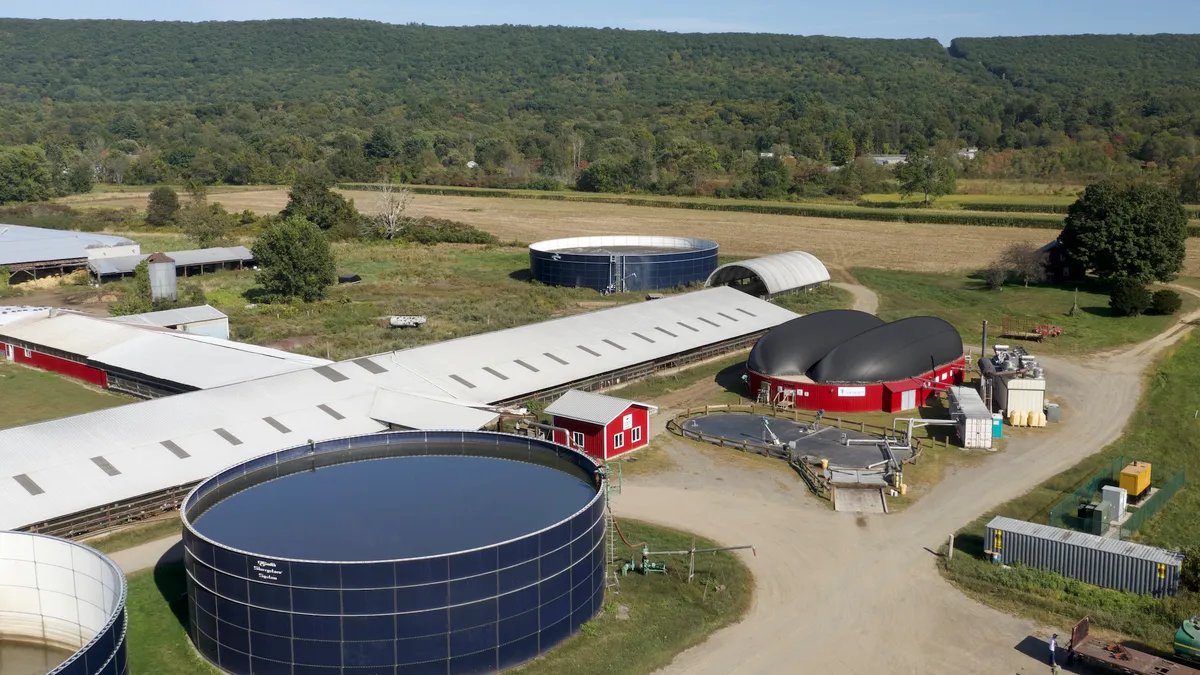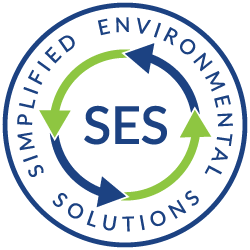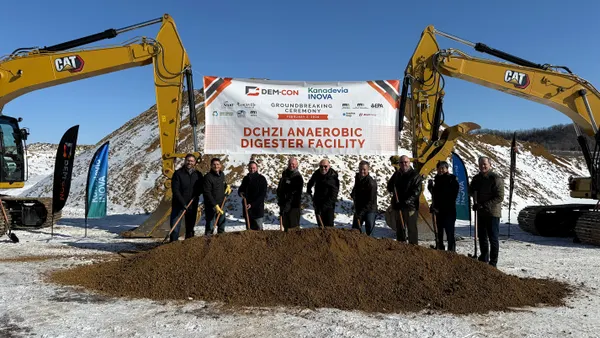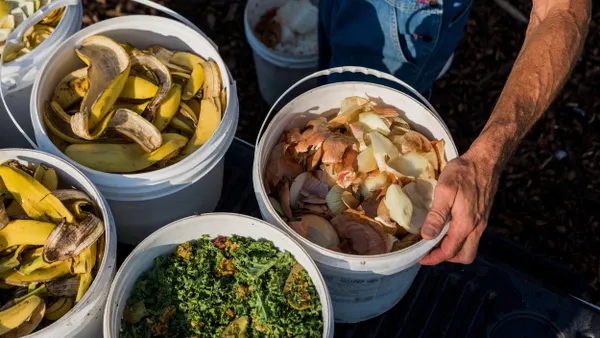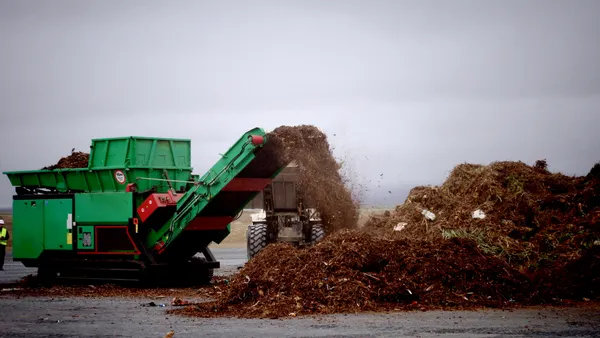Dive Brief:
- The Massachusetts Department of Environmental Protection is soliciting feedback on a plan to expand its food waste disposal ban. First implemented in 2014 and expanded in 2022, the ban currently requires businesses and institutions that generate more than one-half ton of organic material a week to divert it from disposal.
- The department is exploring requiring all commercial generators to divert their organic material as early as Nov. 1, 2028, and expanding the diversion requirement to residents by Nov. 1, 2030, officials said during a presentation last week.
- John Fischer, deputy division director for solid waste materials management at MassDEP, cautioned those dates are the absolute earliest a requirement could go into effect. But he noted the state needed to reach more stakeholders and add capacity to achieve its goal of diverting 780,000 tons of organic waste annually by 2030.
Dive Insight:
While Massachusetts was among the first states to institute a commercial organics diversion mandate, it has since been joined by the rest of New England. Most recently, Maine became the 11th state to enact such a policy, though it won't kick in until 2030.
Independent research has suggested Massachusetts’ current organics diversion program was among the most effective state policies of its kind in the country through 2019. The state also released a report this summer that found the program had boosted revenues for the waste and recycling industry in the state.
Massachusetts’ organic waste diversion goal corresponds with a broader state target to reduce waste disposal to 4 million tons per year by 2030. The state has exported a growing amount of its waste to other states in recent years, increasing costs and placing a greater focus on in-state diversion efforts.
As organic diversion requirements have expanded throughout the region, they’ve helped Massachusetts keep food waste from disposal, Fischer said. Although the region’s organics recycling infrastructure has grown over the last decade, MassDEP reports a need for more distributed capacity and expanded collection infrastructure to achieve its targets.
The state's previous policies have returned measurable growth in organic waste diversion. Its initial 2014 ban was expected to divert between 100,000 to 300,000 additional tons of organic material per year in the state. When Massachusetts expanded the mandate in 2022, officials expected an additional 100,000 tons of organic material could also be captured by the recycling system.
The proposed expansion of the ban to all commercial businesses could include an exemption for "businesses with incidental food waste" such as medical offices or non-food retail businesses, as well as all schools. The residential element could also allow flexibility for municipalities to determine the structure of their diversion programs, such as creating food scrap drop-off locations rather than a curbside collection program.
A growing number of Massachusetts municipalities have instituted their own organics diversion programs in line with the state goals. The state reports 160 have some form of food waste collection program. That includes places like Cambridge, which has an opt-in collection program for certain-sized businesses and residential buildings.
Mike Orr, recycling director at the Cambridge Department of Public Works, said during the meeting last week that expanding Massachusetts’ diversion mandate would aid municipal efforts because officials are trying to reach more residents and businesses with their organics diversion efforts. The town’s own zero waste plan adopted in June calls for a full organics diversion mandate, though that policy so far has not been implemented.
“A statewide ban would support our efforts to improve diversion in Cambridge,” he said in an email to Waste Dive after the meeting. “It would be really easy to point to the state ban as a reason for buildings to start diverting.”
In 2024, the state diverted roughly 350,000 tons of organic waste from disposal, up from 190,000 tons in 2016. Food waste constituted around 21% of the state's trash, or about 930,000 tons.
Today, Massachusetts has about 510,000 tons of annual processing capacity, primarily through composting and anaerobic digestion, though Fischer cautioned that's also a rough estimate. Anaerobic digestion dominates as a destination for the organic material — such systems processed about 245,000 tons of organic material in 2024, per MassDEP.
Compost capacity has shrunk for nearly a decade as digesters have come online. In 2024, composters processed about 21,000 tons of organic material, down from about 79,000 in 2016.
But building additional capacity as diversion increases will be difficult, composters told officials during the meeting last week. They said if MassDEP wants processing capacity to increase in line with an expanded diversion mandate, changes to zoning rules and other regulations may be necessary.
“You’re asking the private sector to pick up the slack here,” Phil Goddard, manager of facility compliance and technology development at the town of Bourne’s Department of Integrated Solid Waste Management, said at the meeting. “Really get pragmatic now because it's going to get harder and harder to do these things.”



